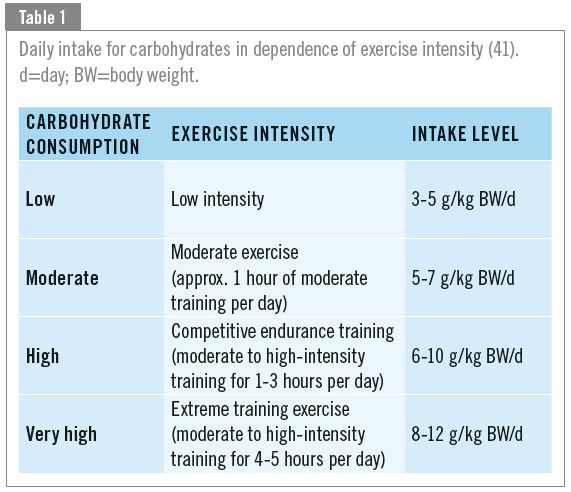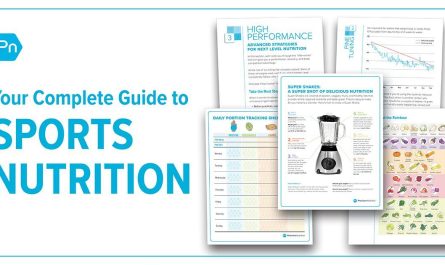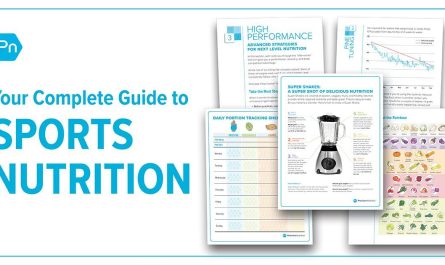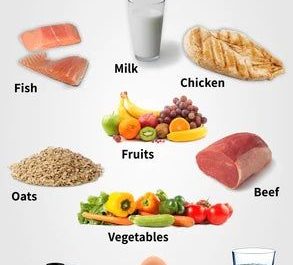When it comes to sports nutrition, carbohydrates play a crucial role in providing the energy athletes need to perform at their best. From endurance sports like marathon running to high-intensity activities like weightlifting, carbohydrates are key to fueling athletic performance and aiding in recovery. In this article, we will explore the importance of carbohydrates in sports nutrition and how athletes can optimize their carbohydrate intake for peak performance.
Why Carbohydrates are Important for Athletes
Carbohydrates are the body’s preferred source of energy during exercise. When consumed, carbohydrates are broken down into glucose, which is then used by the muscles as fuel. This is especially important for high-intensity activities that require quick bursts of energy, as well as endurance sports that demand sustained performance over a longer period of time.
Not only do carbohydrates provide energy during exercise, but they also play a key role in replenishing glycogen stores in the muscles and liver post-workout. Glycogen is the body’s storage form of glucose, and maintaining adequate levels is essential for optimal athletic performance.
Types of Carbohydrates for Athletes
There are two main types of carbohydrates: simple carbohydrates and complex carbohydrates. Simple carbohydrates, such as fruit, honey, and sports drinks, are quickly digested and provide a rapid source of energy. These can be beneficial during exercise when immediate energy is needed.
Complex carbohydrates, on the other hand, are slower to digest and provide a more sustained release of energy. Foods like whole grains, pasta, and vegetables are good sources of complex carbohydrates and can help athletes maintain energy levels during longer workouts or competitions.
Carbohydrate Timing and Intake for Athletes
Timing and quantity of carbohydrate intake are crucial for athletes looking to optimize their performance. It is recommended that athletes consume a meal or snack containing carbohydrates 1-4 hours before exercise to top off glycogen stores and provide a source of energy. During exercise lasting longer than 60 minutes, athletes should aim to consume 30-60 grams of carbohydrates per hour to maintain energy levels.
After exercise, athletes should focus on replenishing glycogen stores by consuming a meal or snack high in carbohydrates within 30 minutes of completing their workout. This post-exercise meal should ideally include a combination of carbohydrates and protein to aid in muscle recovery and repair.
Conclusion
Carbohydrates play a vital role in sports nutrition, providing athletes with the energy they need to perform at their best and aiding in recovery post-exercise. By understanding the importance of carbohydrates, athletes can optimize their intake to fuel their workouts and achieve peak performance.
Remember, every athlete is different, so it may take some trial and error to find the right balance of carbohydrates that works best for you. Consult with a sports nutritionist or dietitian for personalized advice on carbohydrate intake and meal planning to support your athletic goals.
With the right fueling strategy in place, athletes can harness the power of carbohydrates to reach new heights in their sport and achieve their full potential.




